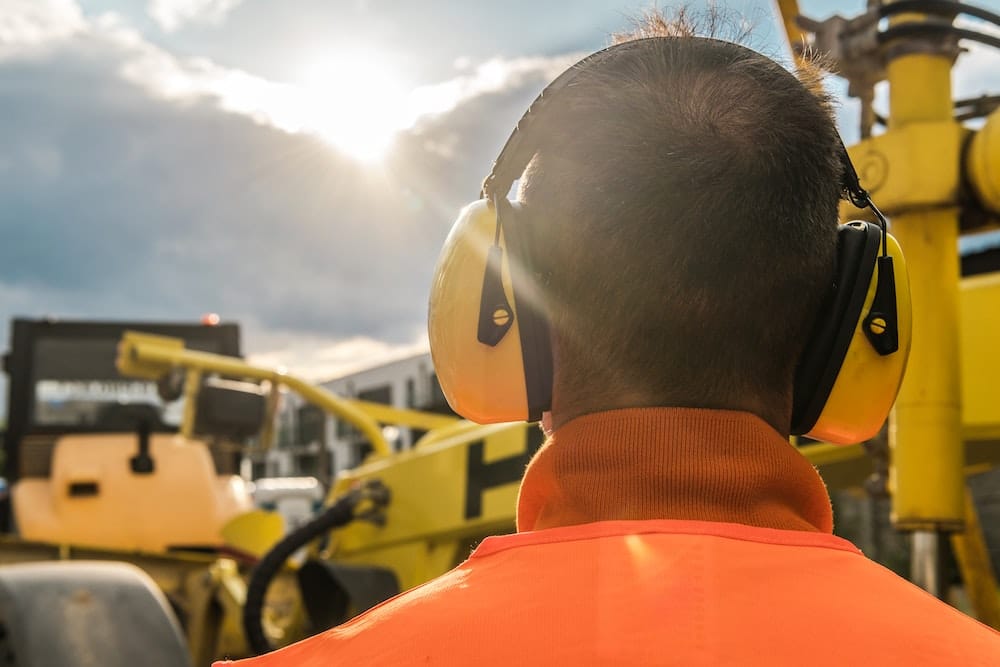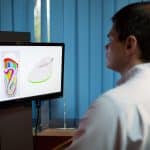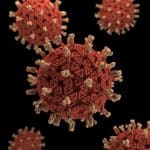In a world where plastic use has become second nature, the need for drastic action against the environmental impact of plastic waste is more urgent than ever. The UK’s coastal communities, in particular, are on the front line of the struggle against plastic pollution. This article will delve into the issue at hand, examining the effect of plastic on the marine environment and exploring strategies to combat the spread of plastic waste.
Understanding the Impact of Plastic on the Marine Environment
Every year, millions of tons of plastic waste end up in our oceans. This pollution not only devastates marine life but also poses a significant threat to coastal communities. To address this issue, we first need to understand the extent of the impact.
Avez-vous vu cela : What Are the Top Sustainable Travel Destinations for Eco-Conscious Tourists?
Plastic waste, particularly single-use plastics like packaging and bags, is incredibly durable. It can take centuries for these products to decompose, and even then, they break down into smaller pieces known as microplastics. These microplastics are often ingested by marine life, entering the food chain and eventually ending up in our diets.
The harm caused by plastic waste isn’t limited to marine life. Coastal communities are also directly affected. Beaches littered with plastic are unattractive to tourists, harming local economies. Additionally, plastic waste can clog waterways and exacerbate flood risks.
Cela peut vous intéresser : How Is Machine Learning Aiding in Early Diagnosis of Skin Cancer?
The Role of Waste Management in Reducing Plastic Pollution
Effective waste management strategies are a crucial piece of the puzzle in combating plastic pollution. Despite advances in recycling technology, a significant portion of plastic waste is not recycled. Instead, it ends up in landfills or, worse still, in the ocean.
Municipalities can play a significant role in improving waste management. By implementing stricter regulations on waste disposal and improving recycling facilities, they can significantly reduce the amount of plastic that ends up in the environment.
Public education is equally important. Residents need to understand the environmental impact of poor waste disposal practices and the importance of recycling. They also need to know how to properly dispose of waste to prevent it from entering the ocean.
The Power of Individual Action in Reducing Plastic Waste
Although institutional change is crucial, individual action also plays a significant role in reducing plastic waste. By making conscious choices to reduce, reuse, and recycle, we can significantly cut down on the amount of plastic that enters the environment.
One of the most effective actions individuals can take is reducing their use of single-use plastics. This can be as simple as choosing a reusable shopping bag over a plastic one, or opting for products with less packaging.
However, change isn’t always easy. For many people, single-use plastics are a convenient part of daily life. It takes effort and commitment to break away from these habits. Therefore, it’s crucial to provide support and incentives for individuals to make these changes.
The Need for International Cooperation
Plastic pollution is a global issue that requires international cooperation. No matter how much action one community or country takes, it will have little impact if others continue to pollute the environment with plastic.
International agreements and regulations can play a significant role in reducing plastic pollution. For example, many countries have implemented bans or taxes on single-use plastics, and these measures have proven to be effective.
However, cooperation isn’t just about regulations. It’s also about sharing knowledge and resources. Countries and communities can learn from each other’s successes and failures, developing more effective strategies to combat plastic pollution.
Moving Towards a Plastic-Free Future
In conclusion, reducing single-use plastic in UK coastal communities is a complex issue that requires a multifaceted approach. It involves understanding the impact of plastic on the marine environment, improving waste management, promoting individual action, and fostering international cooperation.
While the challenge is profound, the potential benefits are immense. By taking action now, we can help protect our marine environment and ensure a healthier, more sustainable future for our coastal communities. Through collective efforts, we can move towards a plastic-free future.
Embracing Better Habits: The Impact of Daily Choices on Plastic Pollution
Our daily habits play a significant role in the battle against plastic pollution. While it’s essential to enforce stricter regulations and improve waste management, it’s equally critical to address the issue at its root: our consumption of single-use plastics.
Every day, individuals make choices that contribute to the problem. From the plastic bags used for groceries to the plastic packaging of various products, these seemingly small decisions accumulate to generate a significant amount of plastic waste. In 2023, the UK single-use plastic consumption reached a staggering 5 million tonnes, predominantly consisting of plastic packaging and plastic bags.
However, the power to reverse this trend lies within our hands. By choosing to reduce our consumption of single-use plastics, we can make a substantial difference. Opting for reusable shopping bags, choosing products with less or no plastic packaging, and reusing plastic items are all effective ways to cut down our plastic waste.
Changing habits can be challenging, but it’s not impossible. Small, consistent changes can accumulate over time to bring about significant results. Encouragingly, a recent survey revealed that 70% of UK residents are willing to make lifestyle changes to reduce plastic waste. With the right incentives and information, we can tap into this willingness and foster a culture of environmental protection among UK coastal communities.
The Final Frontier: Microplastic Pollution and Its Threat to Human Health
Microplastics, tiny particles less than 5mm in size, pose a significant but often overlooked threat to the marine environment and human health. Originating from the decomposition of larger plastic items, these particles are virtually omnipresent – found even in the remotest parts of the world’s oceans.
Marine life unknowingly ingests microplastics, which can cause physical harm and introduce toxic chemicals into their systems. Alarmingly, these harmful particles can make their way up the food chain, eventually landing on our plates. This poses potential health risks to humans, although the full extent of these risks is yet to be understood fully.
Microplastic pollution is a complex issue, partly because of the difficulty in tracking and collecting these minute particles. To effectively tackle this problem, we need innovative solutions and robust research. Scientists and engineers worldwide are working on developing methods to remove microplastics from the environment and prevent their generation in the first place.
Regulations on plastic manufacturing and the design of plastic products also have a role to play. By demanding that manufacturers take responsibility for the lifecycle of their products, we can reduce the generation of microplastics at the source.
Conclusion: The Journey Towards a Plastic-Free Future
Addressing the issue of single-use plastic in UK coastal communities is not an overnight task. It demands a deep understanding of the impact of plastic on the marine environment, a commitment to improved waste management, the willingness to embrace better habits, and a global cooperation effort.
The journey towards a plastic-free future might be arduous, but it is necessary and rewarding. By working together, we can preserve the beauty of our coastal communities, protect our marine life, and ensure the health of future generations. As we move forward, let’s remember that every effort counts and that we all have a crucial role to play in this vital mission. So, let’s get to work, for our health, our environment, and our future.











